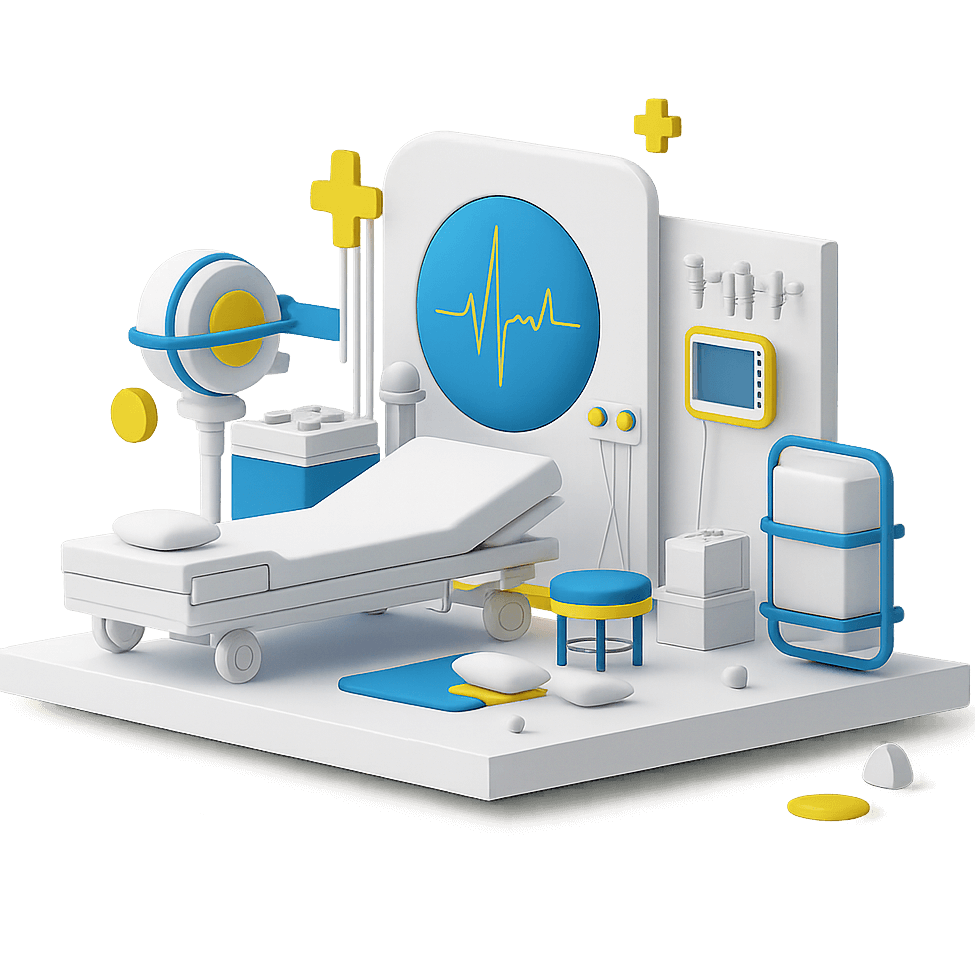
AI & Data
Consulting
Development
Industries
Subscribe to our email newsletter
Company




